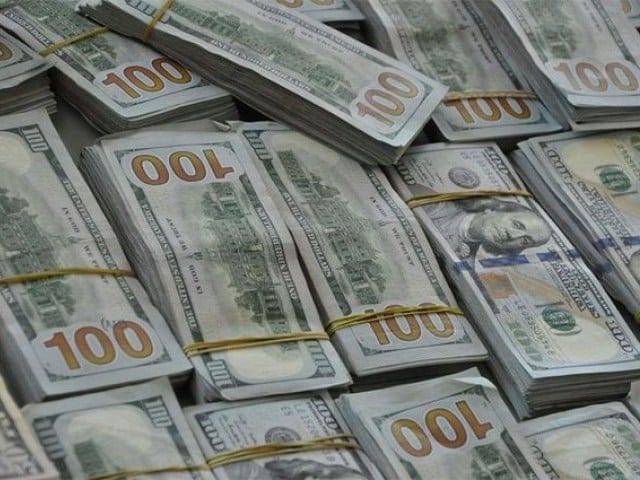
The continued drop in the reserves raises concerns about Pakistan's ability to meet its financing requirements as the reserves have fallen even below the $8.5-billion level.
Talks with the International Monetary Fund had been going on to discuss terms for a possible bailout. The Fund has suggested to Islamabad to raise interest rates to double digits and let the currency weaken by at least 15% more in the current fiscal year.
On September 28, the foreign currency reserves held by the State Bank of Pakistan (SBP) were recorded at $8,408.5 million, down $627.7 million compared with $9,036.2 million in the previous week.
The decrease was attributed to payments on account of external debt servicing.
Overall, liquid foreign reserves held by the country, including net reserves held by banks other than the SBP, stood at $14,893.2 million. Net reserves held by banks amounted to $6,484.7 million.
Currency weakens to Rs128 due to uncertainty over IMF bailout
A month ago, China agreed to immediately give a loan of $2 billion to Pakistan, a move meant to arrest the slide in foreign currency reserves and provide much-needed breathing space for the new government.
Of the agreed amount, $1 billion had already been transferred to the central bank account. According to officials in the Ministry of Finance, the loan will be categorised as official bilateral inflow.
Earlier, the reserves dipped to $9.06 billion, forcing the central bank to let the rupee depreciate massively on four separate occasions since December 2017 and sparking concern about the country's ability to finance a hefty import bill as well as meet debt obligations in coming months.
In April, the SBP's reserves increased $593 million due to official inflows.
A few months ago, the foreign currency reserves surged due to official inflows including $622 million from the Asian Development Bank (ADB) and $106 million from the World Bank.
The SBP also received $350 million under the Coalition Support Fund (CSF) earlier.
In January, the SBP made a $500-million loan repayment to the State Administration of Foreign Exchange (SAFE), China.

















COMMENTS
Comments are moderated and generally will be posted if they are on-topic and not abusive.
For more information, please see our Comments FAQ